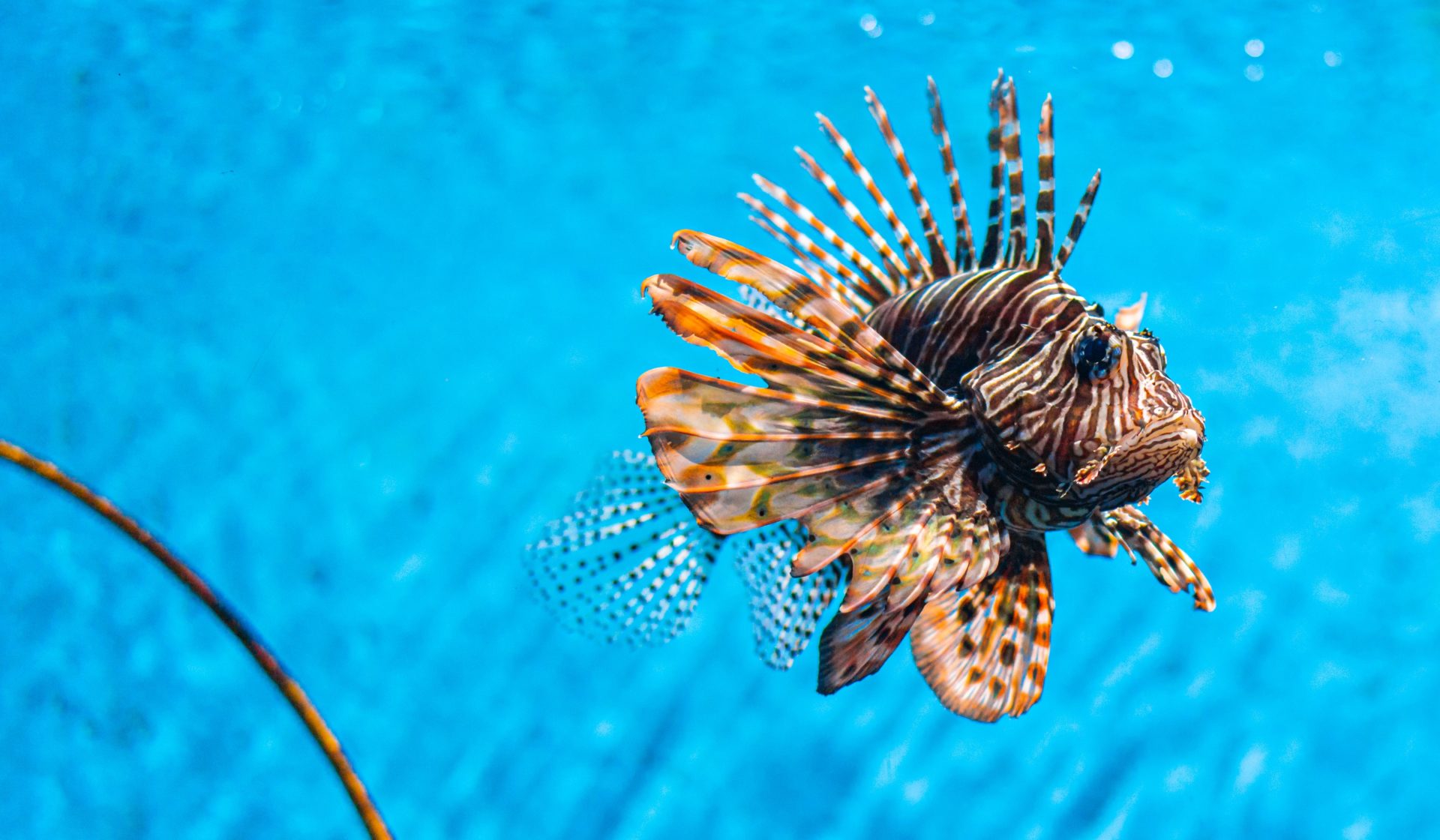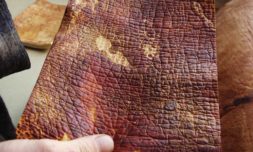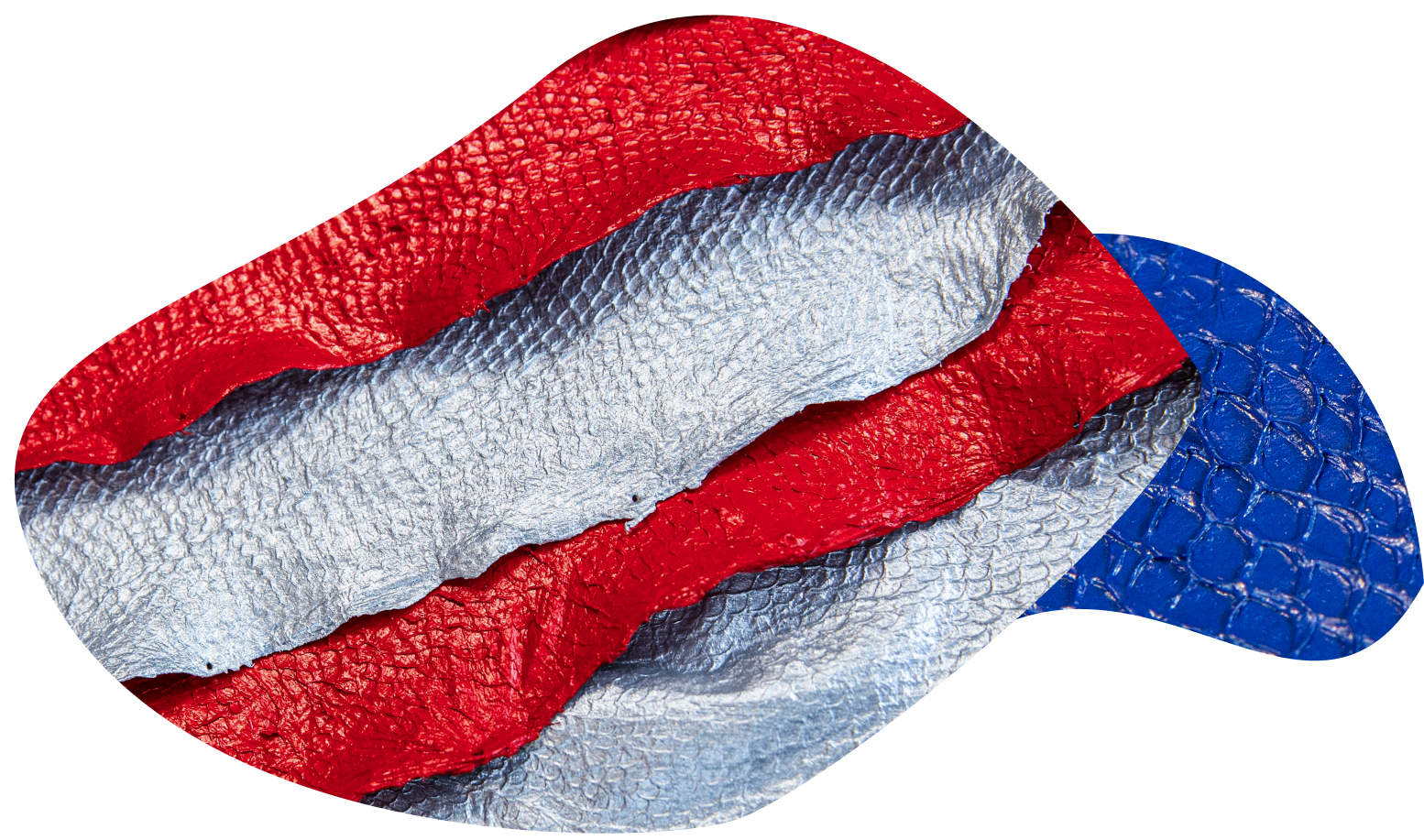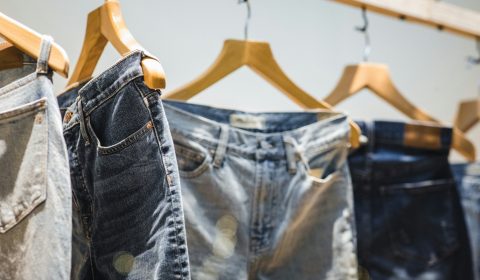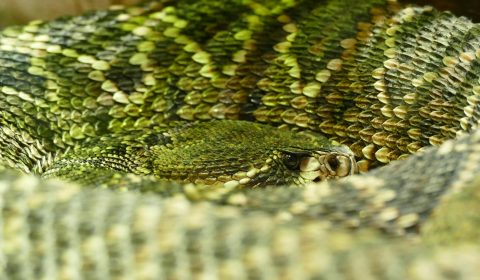After witnessing how lionfish have devastated populations of Florida’s native tropical species, a team of diving enthusiasts figured out how to solve the problem: by inventing a new sustainable material.
In recent years, the fashion industry has faced increased pressure to become more eco-conscious. The ever-worsening climate crisis demands rapid, substantial change, and the pandemic has forced brands to halt their operations and reassess long-term priorities.
As a result, we’ve watched as designers and retailers alike have gradually come forward with solutions to a problem the sector is renowned for: its hugely damaging environmental impact.
From 3D-printed garments and fungi fabric to human hair textiles and shoes made from up-cycled coffee grounds, there’s been no shortage of innovative offerings as of late.
None of these, however, are quite so multi-faceted in their positive contributions as a newly discovered leather alternative that literally heals the ecosystem with its production.
Made from lionfish – an invasive species with no natural predators that efficiently kills up to 79% of young marine life within five weeks of entering a coral reef system, leaving it overgrown with algae and left to die – it’s successfully killing two birds (or should I say fish) with one stone.
The project is the brainchild of avid diver Aarav Chavda. Having witnessed lionfish decimate the Florida coastline, he wanted to create an original sustainable material that protected the surrounding biodiversity, which laid the foundations for Inversa.
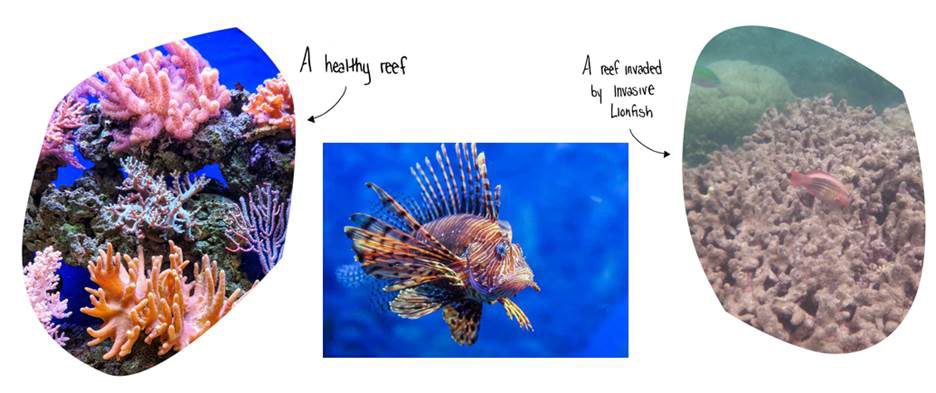
Inversa was established with a team of fellow ecologically-aware scuba enthusiasts. Just last week it was recognised as a finalist in the Global Ocean Resilience Innovation Challenge.
‘You can see the impacts on the reefs when you dive now – it’s less vibrant, it’s less cacophonous,’ says Chavda, who stresses the importance of protecting them because coral reefs generate half the Earth’s oxygen and absorb nearly one-third of the carbon dioxide generated from burning fossil fuels.
‘We know there are solutions for some of the problems – such as coral-friendly sunscreens to help protect the reefs – but nobody’s been able to do anything about the lionfish.’









